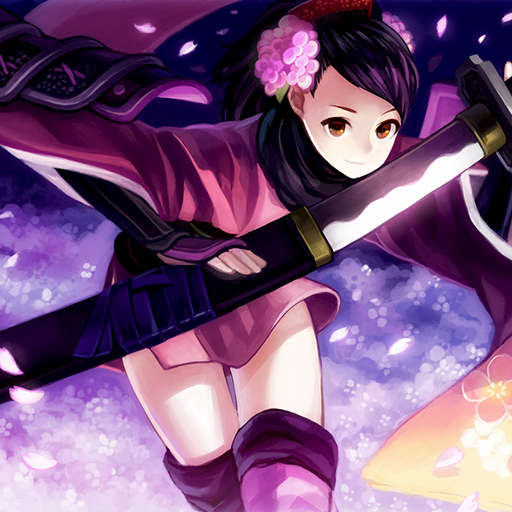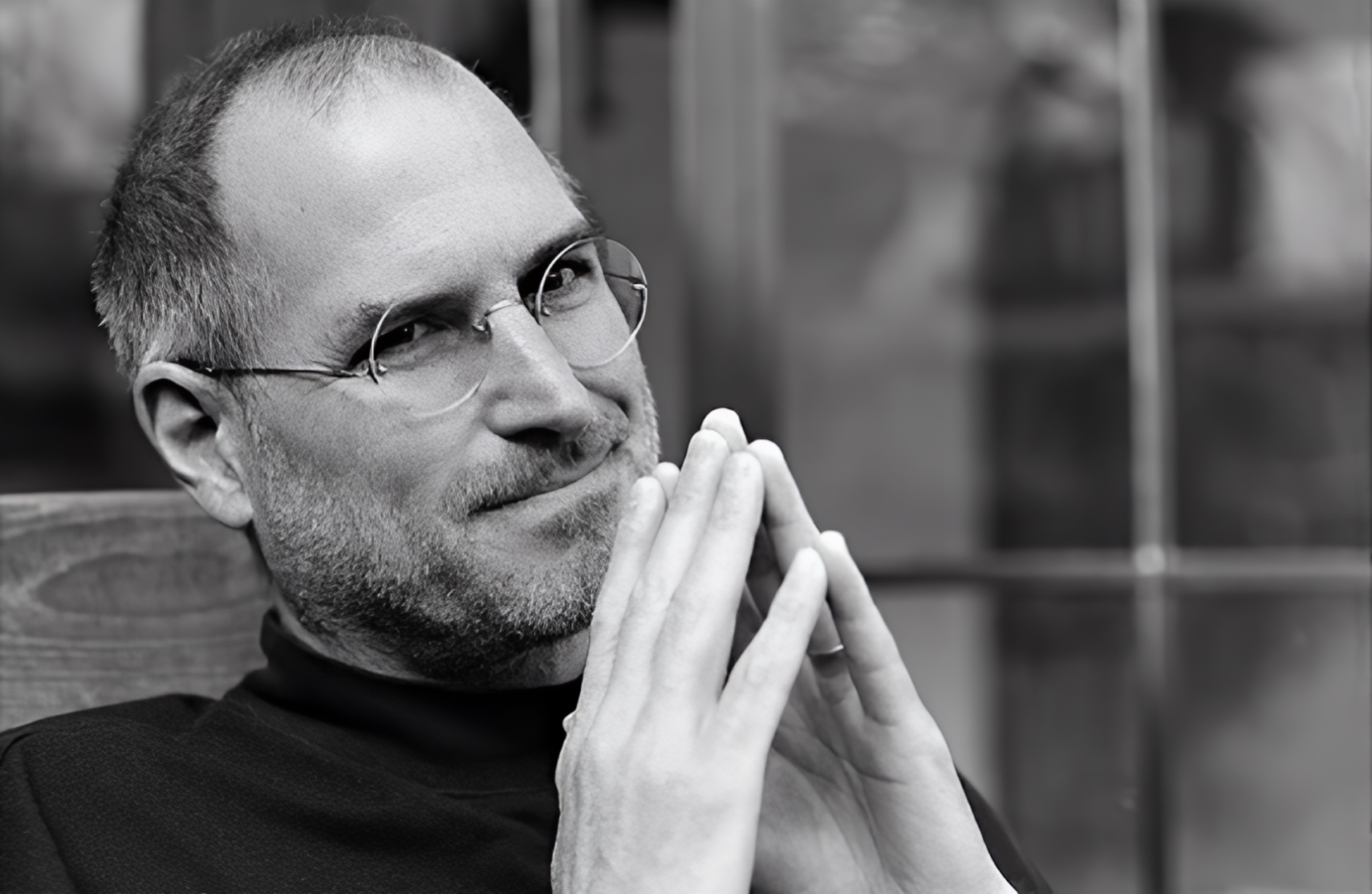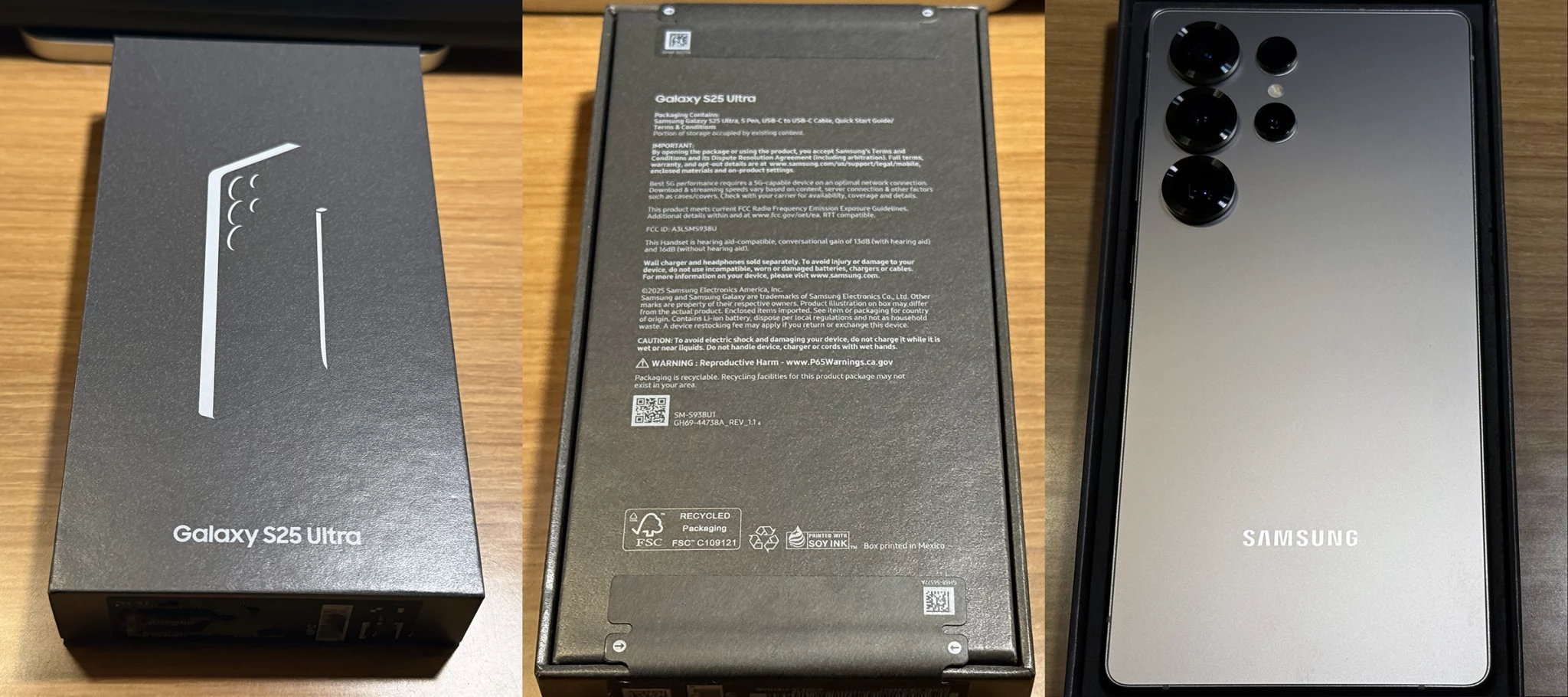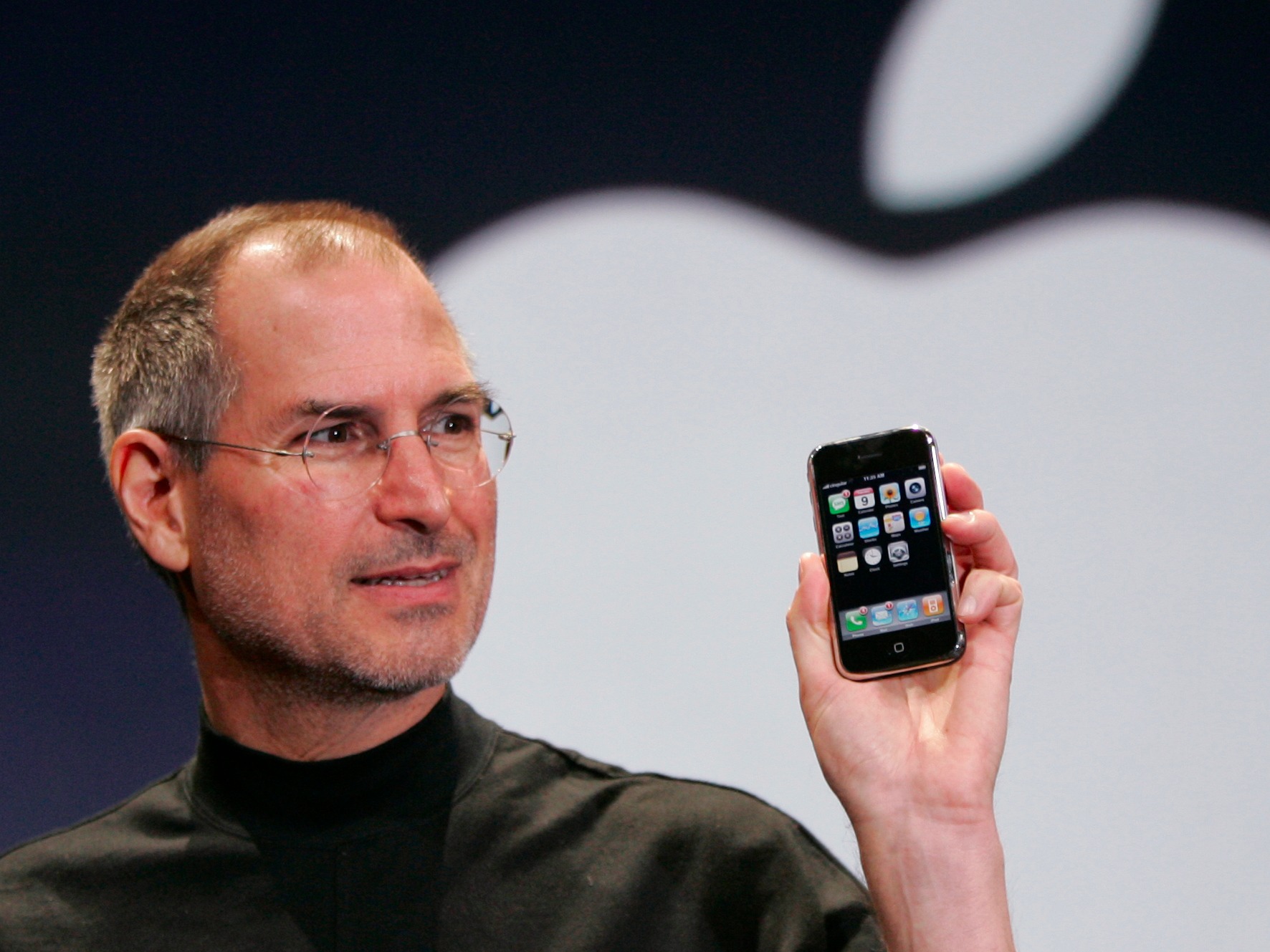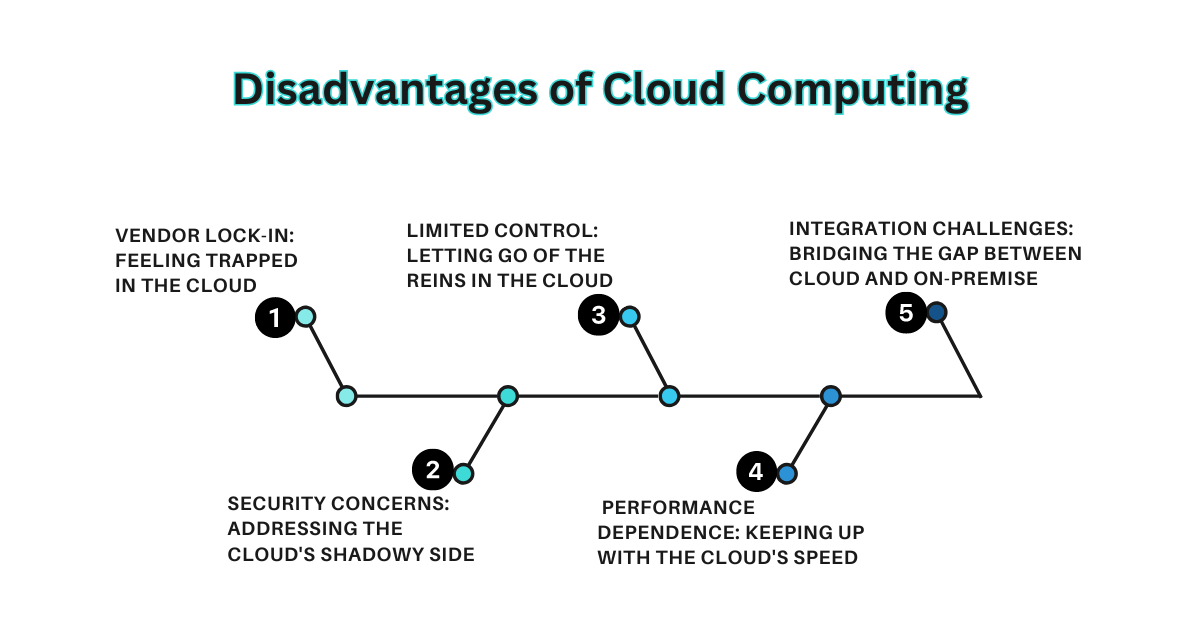14 years ago on October 5, 2011 (after 3PM Pacific), Steve Jobs passed away peacefully surrounded by family. He was only 56. Just a day earlier, Apple had launched the iPhone 4S (that became my first smart phone after years of deciding what existed previously, still had much to be improved upon). Apple still maintains a remembrance page where the public can still submit messages.
The coverage of his health issues were widely discussed for years in the financial media (while both Apple and Jobs himself maintained a much more secretive approach until they could no longer maintain that level of secrecy and had to disclose more details due to the fiduciary aspects of being a public company). Myself, I also thought about life in general and wondered if I’d make it past 56 (which I have since done which made me realize even more so, how young he was and just how much more living there is to do when one hits their 50’s).
I was living in Tokyo at that time; it was the morning of the 6th there when news began reporting his passing. People began offering flowers in front of the Apple Ginza store the entire day. I wrote this on that day (I hadn’t been with the company in years but for the longest time, never did disclose on this blog, my own detailed association with the company except vaguely). 10 years later in 2021, I wrote some updated thoughts (that was of course amidst the COVID-19 pandemic).
Even to this day, there’s much I don’t discuss/write about in full detail and never will (it’s not my thing; a lot of former colleagues similarly choose to keep things low profile). I’m just adding a few in this post to provide some context on my personal appreciation (since part of this experience helped to shape me since). I personally never had interactions with Jobs except seeing him around the campus or Cafe Macs (and like many other stories, he’d sit wherever and exchange a brief hello but would normally be engrossed in his meal/reading e-mails).
I personally don’t doubt the other interactions others may have had (like the elevator encounters where he’d ask what you did) where you would likely encounter that far more intense version of the man. But I also believe that those mercurial/petulant outbursts from the earlier years had been “toned down” by his time outside the company with NeXT. Toned down is in quotes because there are so many high functioning individuals that can be extremely abrasive (more bluntly put, assholes). All I’m saying is I personally never saw that.
I was also part of the “non-sexy” part of the company (enterprise) which was as anti-Apple as you could get in terms of philosophy (Apple’s penchant for secrecy did not mesh well with how IT planning usually requires a roadmap of things over 3/5/7 year sort of timelines) and as one could expect, we weren’t high up on that laser focus when it came to Jobs/his main inner circle of executives (I would say that marketing was one of the main irritants during my time there). Early on (transition from the NeXT acquisition), the focus was stronger (since technology like WebObjects were important) including the design and rollout of the Xserve hardware.
Still, the operating system (the underlying core) has long been key to most all of the companies current day product lines (it’s always been interesting to see small things that you once worked on, manifesting itself elsewhere in iOS or iPadOS). Much of his earlier “selling points” was on how he utilized NeXT’ technology (powered by OpenSTEP; the Pentium port of NeXTSTEP). The initial Rhapsody strategy was OpenSTEP ported to PowerPC with a classic Mac OS Platinum user interface theme (what was rebranded as Mac OS X Server v1.0 for its launch). The Aqua themed version of Mac OS X Server shared little in common since its main development API was part of the transitional API design (Carbon) that engineers had to come up with since many long time developers refused to move to Objective-C (apps would need to be rewritten to run natively under the original Rhapsody strategy while existing classic Mac OS apps could run in the “Yellow Box” environment which ran a complete version of Mac OS 9).
To put it more simply, while the actual enterprise part wasn’t in the crosshairs, parts of the OS in those years post-transition were in fact an important focus of Jobs (and we’d need to make sure those things worked well especially for tech demos or if it would be an important part of a keynote). Those aspects are what I came to appreciate over the years especially when (as mentioned earlier), you end up seeing bits and pieces of tech manifesting itself in current day versions of the operating system and the products they power. Jobs was big on how technology intersected with the arts/humanities.
It humbled me when I realized these were ideas he was talking about back then. While he was also often times wrong, it was the spirit of these other ideas that he did get right, where one can only wonder what other ideas he may have had over these past 14 years. I know there are many who have and still dislike Apple with an extraordinary amount of hate. Everyone has their opinions while I have my own. This is also why there are alternatives where consumers are free to make their choices. Sure, like any company that gains a significant advantage, they end up making some decisions that exerts that power (they aren’t the only company and there are others who do far worse to abuse their positions). They have their own ecosystems (remember, Microsoft and Intel had one of the biggest ones around with Wintel).
I am therefore not going to also sit here and say they didn’t help shape things for the better (we’d still be using Blackberry types of form factor with kneecapped mobile internet if it weren’t for the iPhone plus obscene contract lock ins for plans). I know we also live in this hyper-partisan/very messed up period now, which further makes me appreciate having been part of that past (when the company was fighting from that underdog position). And as a result, I do appreciate how Jobs directly/indirectly impacted my own life over these years and thus want to remember his passing in that context.
